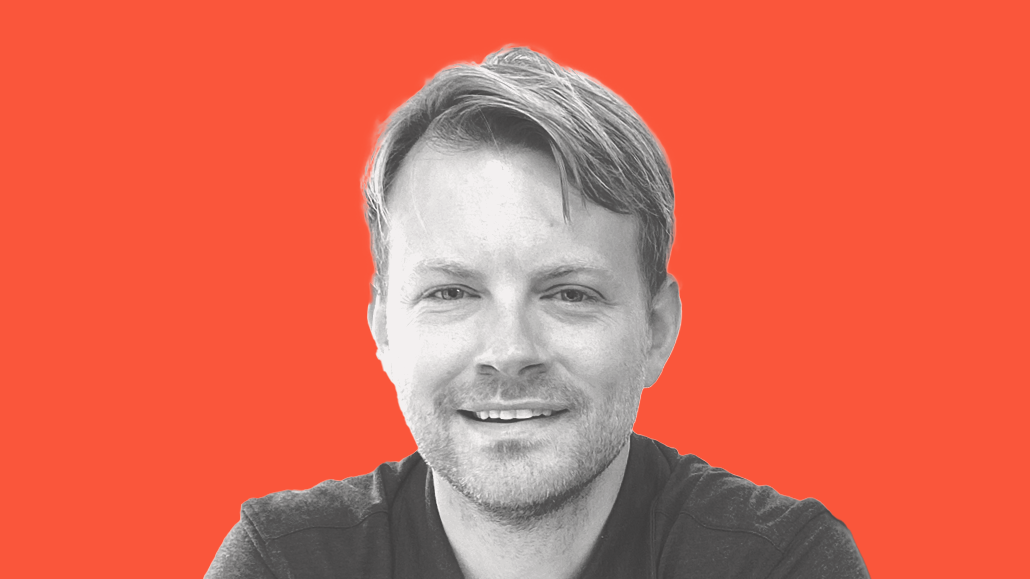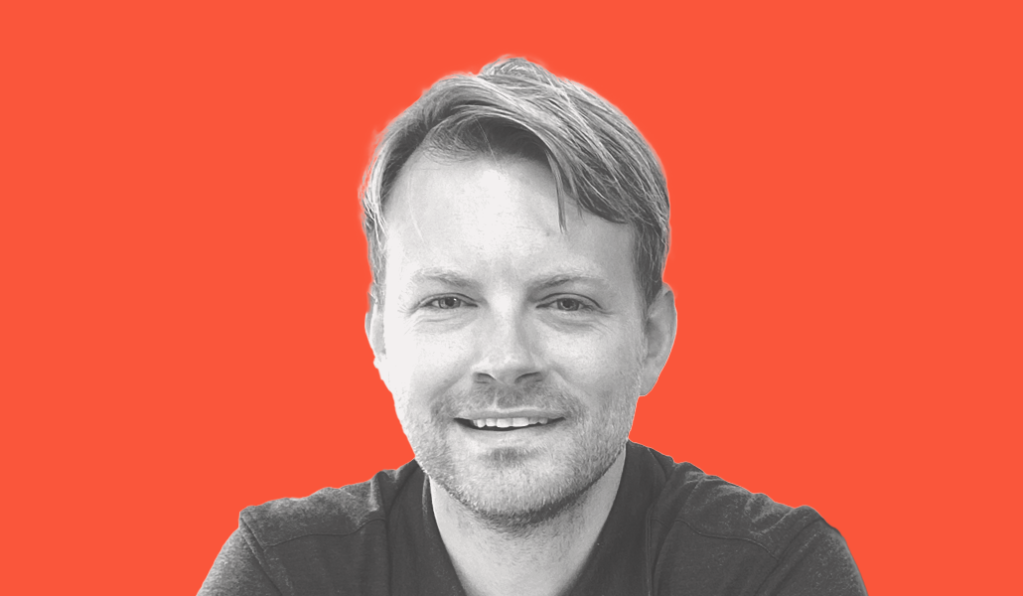Secure your place at the Digiday Media Buying Summit in Nashville, March 2-4
How PepsiCo’s partnership with EA highlights the brand’s expanding approach to gaming

On Tuesday, PepsiCo announced a global partnership with EA Sports centered around “EA Sports FC,” the wildly popular football game series formerly known as “FIFA.”
The deal involves three of PepsiCo’s flagship brands — Pepsi, Gatorade and Lay’s — and will run for several years, although PepsiCo head of global sports and partnerships Adam Warner declined to specify the deal’s exact duration or financial value.
“This is a true partnership; this is very much anchored in us creating mutual value for each others’ businesses and brands,” Warner said. “If you think about what we can do for each other, in terms of broadening audience reach and deepening fan engagement, we both think we bring some pretty unique value to each other in that space.”
Through Pepsi’s relationships with professional football leagues such as UEFA Champions League, Pepsi brands were already occasionally visible in past versions of EA’s football game — but this partnership brings the brand’s presence inside the popular title to the next level, replete with branded in-game events and activations based on PepsiCo products. The agreement makes it clear that PepsiCo will be investing in in-game advertising for years to come, both in EA FC and beyond.
To learn more about the strategy behind the deal, Digiday spoke to Adam Warner for an annotated Q&A.
This conversation has been edited and condensed for length and clarity.
On whether the partnership reflects a pivot away from competitive gaming

Adam Warner:
No. I think this is about two businesses and brands that have long admired each other coming together. I don’t like to give things too many labels — gaming, esports. As brands, we’ve got a very similar view, and I think we define the ecosystem we’re playing in very expansively. Increasingly, that crossover in culture, whether you want to call it gaming or want to call it esports — this partnership is going to broadly play in all of those spaces. So I wouldn’t break it down too much; I think I look at it simplistically and ambitiously, in terms of what we want to do.

Digiday:
It’s fair for Warner to avoid labels when describing PepsiCo’s gaming marketing strategy; after all, the definition of “esports” has been stretched in recent years to include many aspects of the gaming community beyond hardcore competitive play. But when it comes to the breakdown between marketing efforts geared toward casual versus competitive gamers, the writing is on the wall. Many brands have pulled back from dedicated esports spending in 2023, and PepsiCo is no exception.
Over the past year, Pepsi, Gatorade and Lay’s have largely partnered with individual gaming influencers and traditional sports teams, rather than esports leagues or organizations, according to the data platform GEEIQ. The last dedicated esports campaign from any of the three brands came in May 2022, when Mountain Dew partnered with Call of Duty League teams for a branded watch party. A deal with EA FC could give PepsiCo access to a much wider and more diverse group of gamers than its past dedicated esports partnerships.
On the role of in-game advertising in the partnership

Adam Warner:
One of the pillars of the partnership is that we will benefit from visibility inside the EA FC ecosystem, and EA will benefit from visibility across a whole range of media. So there’s going to be some in-game integrations from our brands, but we want to make sure we’re doing that in an authentic, frictionless way. So that’s very much a shared principle that we have with the guys at EA.

Digiday:
In-game brand integrations are one of the strongest selling points of sports games like EA FC as they look to soak up brands’ marketing dollars. While in-game integrations of real-life brands or products can come off as unrealistic or even ridiculous in far-out games such as “World of Warcraft” or “God of War,” sports games intentionally mimic advertising-rich environments from the real world, so fans don’t bat an eye when they see brands activate in titles like EA FC.
On the effect of EA and FIFA decoupling last year on the PepsiCo–EA deal

Adam Warner:
We have long admired each other as businesses and brands. We would have gotten together before now, if we could have. We now can, and we’re delighted to be doing that.

Digiday:
Warner didn’t explicitly say whether FIFA’s involvement blocked PepsiCo from partnering with EA in the past — but his statement is full of clear implications. If PepsiCo would have partnered with EA before, it’s not hard to imagine what kind of changes may have helped bring the brands together over the past year. After all, Coca-Cola, Pepsi’s ancestral rival, has sponsored FIFA since 1974.
The PepsiCo deal shows why EA’s decision to end its partnership with football’s global governing body in May 2022 may have been a boon for the game developer. In addition to crossing off its former $150 million per year licensing fee with FIFA, EA no longer has to involve FIFA in discussions with potential brand partners. Once the EA–FIFA relationship came to an end, lucrative deals with companies like PepsiCo were sure to follow.
More in Marketing

Future of Marketing Briefing: AI’s branding problem is why marketers keep it off the label
The reputational downside is clearer than the branding upside, which makes discretion the safer strategy.

While holdcos build ‘death stars of content,’ indie creative agencies take alternative routes
Indie agencies and the holding company sector were once bound together. The Super Bowl and WPP’s latest remodeling plans show they’re heading in different directions.

How Boll & Branch leverages AI for operational and creative tasks
Boll & Branch first and foremost uses AI to manage workflows across teams.








